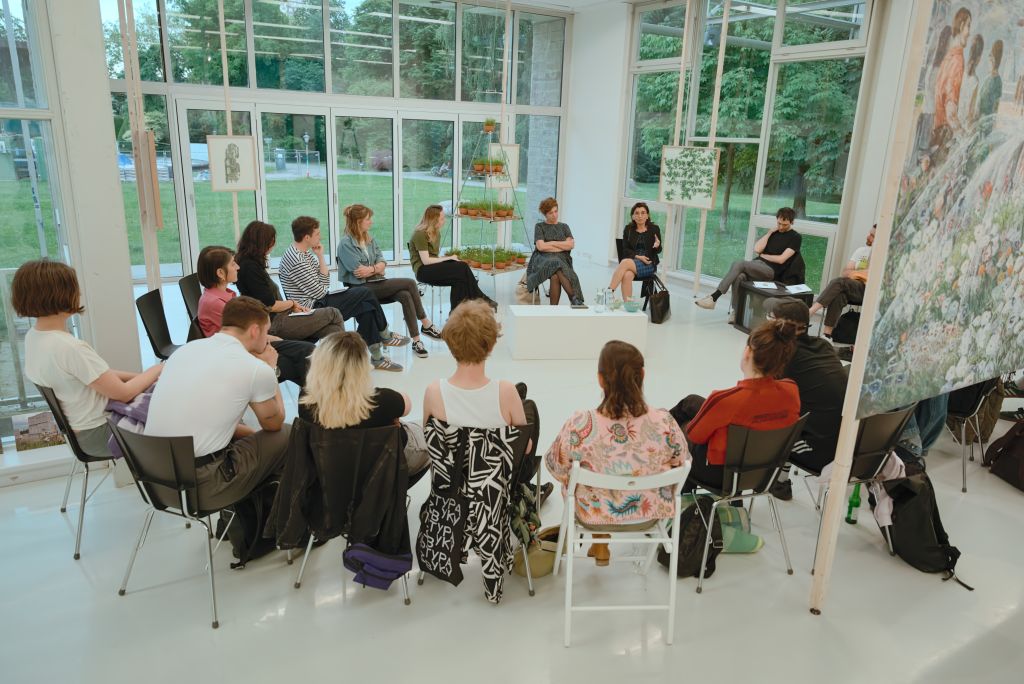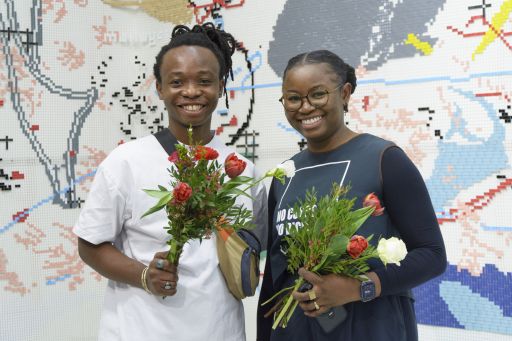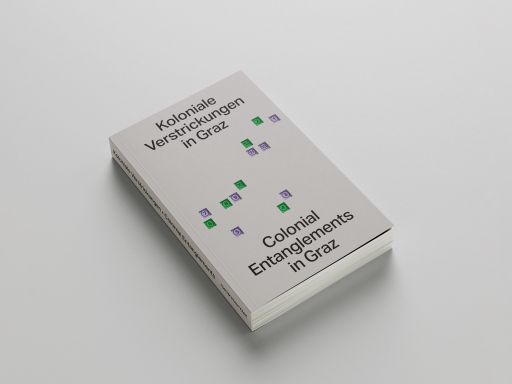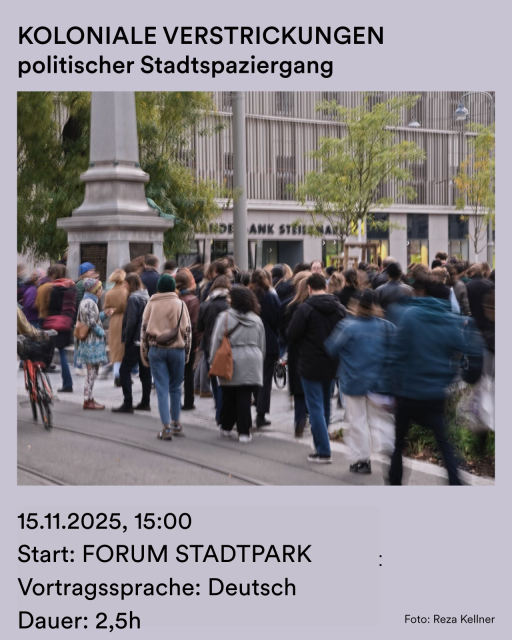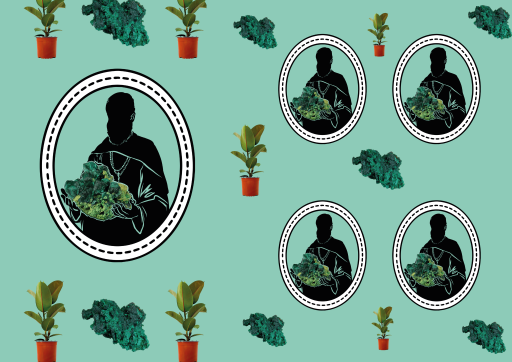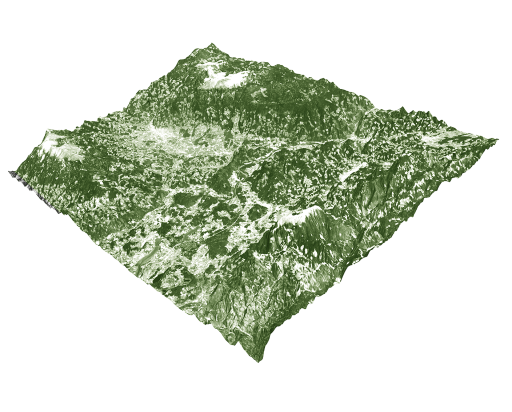Art and neo-colonialism.
On the problems of international cultural funding.
Int. Agency for Expropriation
The bilateral group exhibition “Innumerable Petals”, which was presented last year in Tirana and is now on show at FORUM STADTPARK, offers us an opportunity to talk about international cultural funding, its structures, power relations, pitfalls and opportunities.
Rich countries of the global North, like Austria, with a long imperialist history, organize cultural programs all over the world, promote exchange programs and exhibitions. We want to address the funding relations between Austria, the EU and Albania, also in regard to similarities in other countries.
-
How does Austria and/or the EU profit?
-
And how can we deal with the power imbalances that arise within such funding structures?
-
Who is dependent on whom?
These questions, among others, will be discussed with Diana Malaj, Elsa Martini and Bilgin Ayata.
Diana Malaj
is a cultural activist, writer, and researcher based in Albania. Diana holds a Bachelor's and Master's degrees in Law from the University of Tirana and is currently a Ph.D. candidate in Law & Politics at the University of Graz in Austria. She is one of the founders of the activist collective ATA (Them) in Kamza and serves as the editor of their local newspaper, Nyje.al. Her interdisciplinary work spans law, ethnography, activism, journalism, and artistic performance, addressing cultural, political, environmental, and human rights issues. Diana focuses on the marginalized and peripheral communities of Kamza, striving to overcome their stigmatized identities. Through her diverse practices, she made significant contributions to social justice and community empowerment. How does she experience the financing structures in Albania in her practice? What does independent cultural work mean?
Elsa Martini
(b. 1971, Albania) is a multidisciplinary conceptual artist based in Vienna who has been living in Austria for 17 years. Her practice spans painting, multimedia, site-specific installation, and performance, emphasizing idea-driven and context-responsive approaches. She graduated in Monumental Painting from the Academy of Arts in Tirana in 1996, where she studied under Edi Hila, and earned a Master’s degree from the University of Applied Arts Vienna in 2012. She also holds a certification in Cultural Management from the Institut für Kulturkonzepte in Vienna.How does she perceive the accessibility of the Austrian funding system and how does she see Austrian interventions in Albania?
Bilgin Ayata
is professor of Migration and Transnational Studies at the University of Graz (Austria) and is leading the project Elastic Borders: Rethinking the Borders of the 21st Century. Ayata’s research centers on sociopolitical transformations with a focus on migration, borders and political affects. In her research, she investigates the transnational dimensions of forced displacement, migration management regimes, and the affective dimensions of citizenship and protest. Her current NOMIS research project examines the transformation of contemporary borders with an analysis of Europe’s southern frontiers since 2015.
She has been invited to reflect on these experiences in the context of neo-colonialism and imperialism.
The event is intended as a joint discussion and will be held in English. Please share your thoughts, experiences and ideas.
Organized and moderated by Rivka Saltiel, Miriam Schmid and Markus Waitschacher
The event is financially supported by the Centre for Southeast European Studies, University of Graz.


